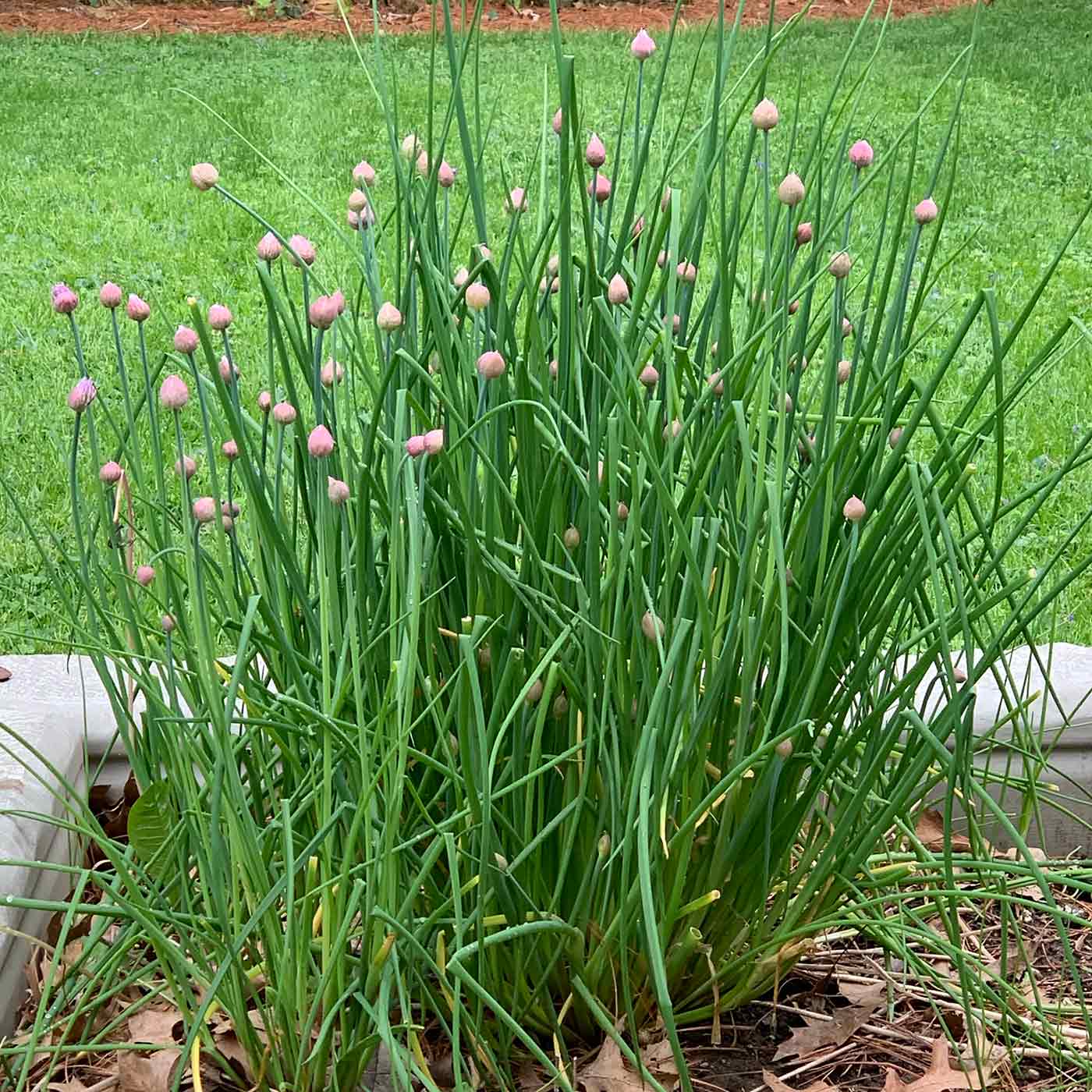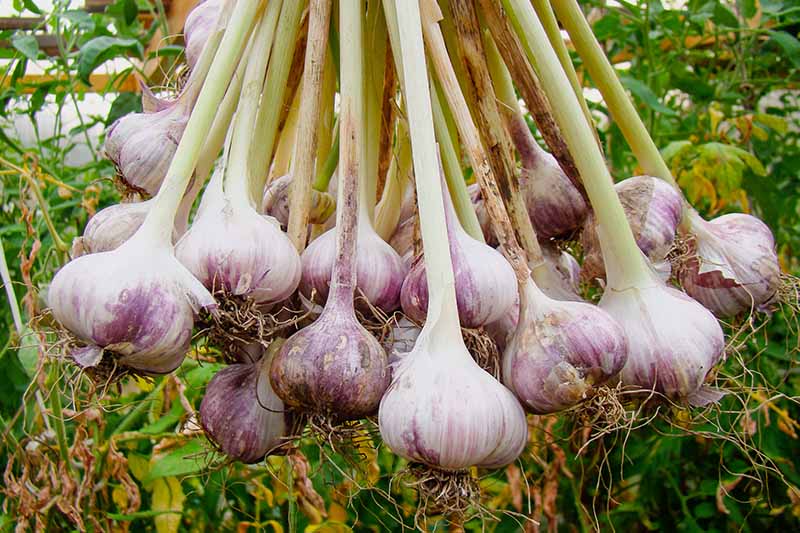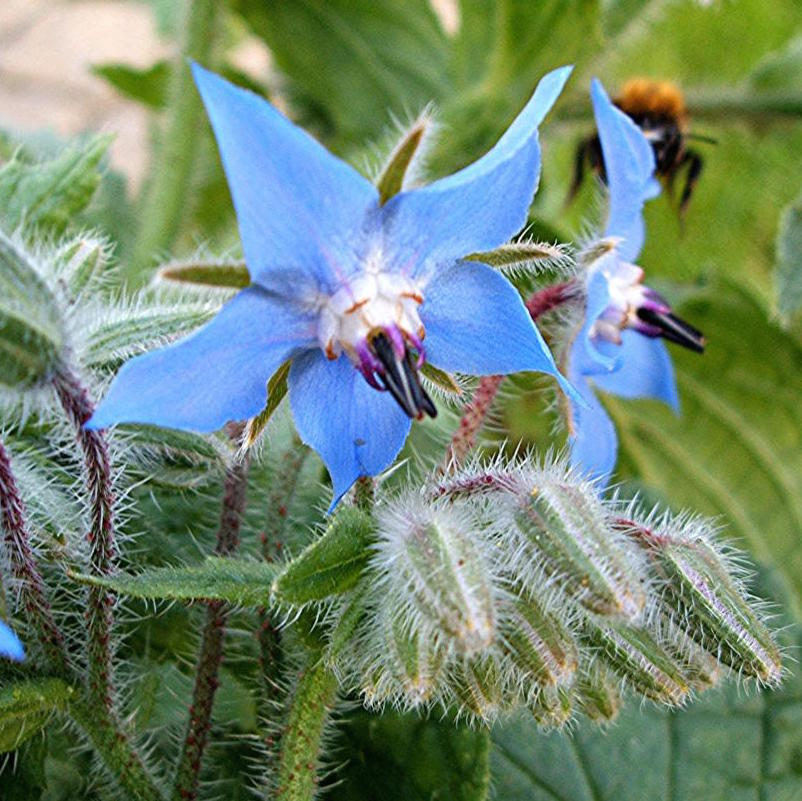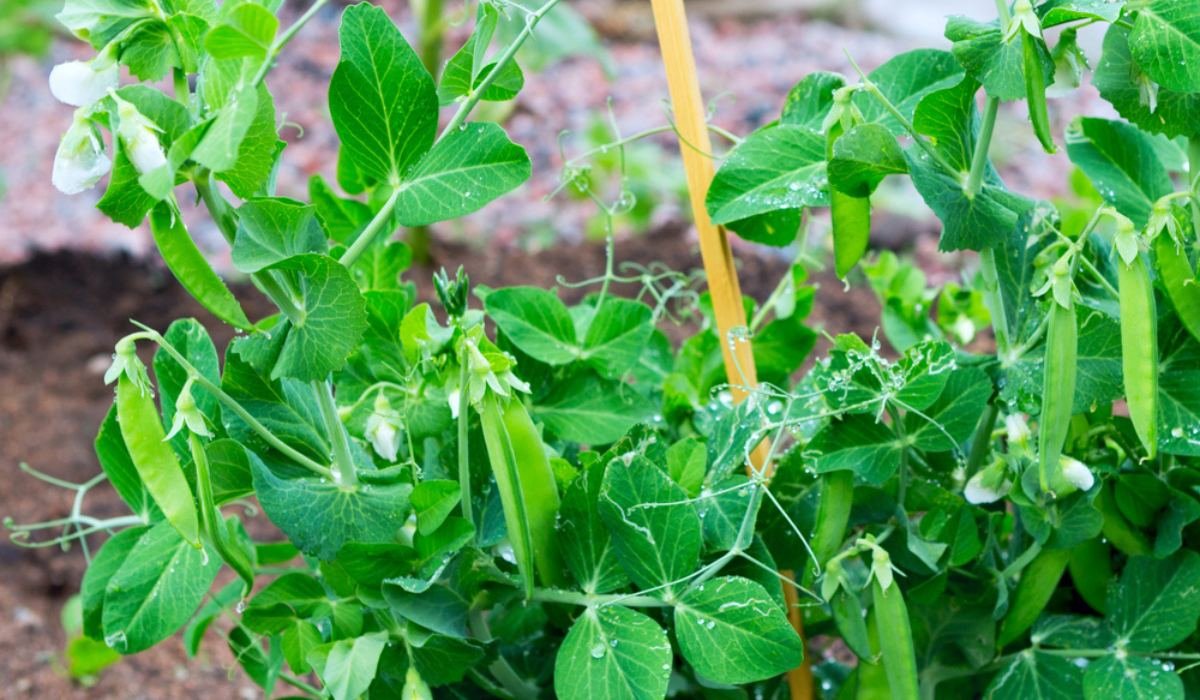The Best Tomato Companion Plants For Container Gardens
Title: The Best Tomato Companion Plants for Container Gardens
Introduction:
Tomatoes are a popular vegetable to grow in gardens, but they can be susceptible to pests and diseases. Companion planting is a great way to help protect your tomato plants and improve their overall health. Companion planting is the practice of planting certain types of plants together that benefit each other in some way. By planting the right companion plants with your tomatoes, you can help to deter pests, attract beneficial insects, and improve the soil quality.
Main Content:
Here are some of the best companion plants for tomatoes:
- Basil: Basil is one of the most well-known companion plants for tomatoes. It helps to repel tomato hornworms and other pests, and it also enhances the flavor of tomatoes.
- Marigolds: Marigolds are another great companion plant for tomatoes. They help to repel nematodes, which are microscopic worms that can damage tomato roots.

- Chives: Chives help to repel aphids and other pests, and they also improve the flavor of tomatoes.

- Onions: Onions help to repel aphids, whiteflies, and other pests. They also help to improve the flavor of tomatoes.

- Garlic: Garlic helps to repel aphids, spider mites, and other pests. It also helps to improve the flavor of tomatoes.

- Nasturtiums: Nasturtiums help to attract beneficial insects, such as ladybugs and hoverflies, which prey on tomato pests. They also help to improve the drainage around tomato plants.

- Borage: Borage helps to attract beneficial insects, such as bees and butterflies, which help to pollinate tomato plants. It also helps to improve the flavor of tomatoes.

- Cucumbers: Cucumbers help to suppress weeds and improve the air circulation around tomato plants. They also help to prevent powdery mildew.

- Peas: Peas help to fix nitrogen in the soil, which can benefit tomato plants. They also help to suppress weeds.

Conclusion:
By planting the right companion plants with your tomatoes, you can help to improve their overall health and productivity. Companion planting is a simple and effective way to use the power of nature to protect your plants and boost your harvest.
Tomato Companion Plants for Container Gardens
When growing tomatoes in containers, it's important to choose the right companion plants. Some plants can help to deter pests, attract pollinators, or improve the overall health of your tomato plants.
Here are a few of the best companion plants for tomatoes in containers:
- Marigolds: Marigolds have a strong scent that deters pests like aphids and tomato hornworms.
- Basil: Basil is a natural pest repellent and also helps to improve the flavor of tomatoes.
- Chives: Chives are another natural pest repellent and also help to attract pollinators.
- Onions: Onions help to repel nematodes, which can damage tomato roots.
- Garlic: Garlic is another natural pest repellent and also helps to improve the flavor of tomatoes.
For more information about tomato companion plants for container gardens, please visit Home Gardening.
FAQ of tomato companion plants container
- What are some good companion plants for tomatoes in containers?
Some of the best companion plants for tomatoes in containers include:
Marigolds: Marigolds help to repel pests such as aphids, tomato hornworms, and whiteflies. They also help to improve the soil by attracting beneficial insects.
Basil: Basil is a natural pest repellent that can help to keep away aphids, mosquitoes, and flies. It also helps to improve the flavor of tomatoes.
Chives: Chives help to repel aphids, spider mites, and other pests. They also help to improve the flavor of tomatoes.
Onions: Onions help to repel root-knot nematodes, which are pests that can damage tomato roots. They also help to improve the flavor of tomatoes.
Garlic: Garlic helps to repel aphids, tomato hornworms, and other pests. It also helps to improve the flavor of tomatoes.
What size container do I need for growing tomatoes in containers?
The size of the container you need for growing tomatoes in containers will depend on the size of the tomato plants you are growing. Determinate tomato plants, which have a limited growth habit, can be grown in containers as small as 5 gallons. Indeterminate tomato plants, which have an unlimited growth habit, will need a container at least 10 gallons in size.
- How much sun do tomatoes need in containers?
Tomatoes need at least 6 hours of full sun per day to grow well in containers. If you live in an area with hot summers, you may need to provide some shade for your tomato plants during the hottest part of the day.
- How often do I need to water tomatoes in containers?
Tomatoes in containers need to be watered regularly, especially during hot, dry weather. Water your tomato plants deeply, so that the water reaches the roots. Allow the soil to dry out slightly between waterings.
- What kind of fertilizer do I need for tomatoes in containers?
Tomatoes in containers need a fertilizer that is high in nitrogen and phosphorus. You can use a commercial fertilizer designed for tomatoes, or you can make your own fertilizer by mixing together equal parts of compost, manure, and peat moss.
- How do I prevent pests and diseases in tomatoes in containers?
To prevent pests and diseases in tomatoes in containers, it is important to start with healthy plants. Choose resistant varieties of tomatoes, and plant them in well-drained soil. Water your tomato plants regularly, but do not overwater them. Inspect your tomato plants regularly for signs of pests or diseases, and treat any problems promptly.
Post a Comment for "The Best Tomato Companion Plants For Container Gardens"